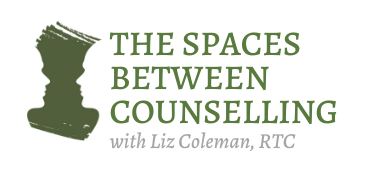A big push in the counseling field recently has been for short term counselling. This is mostly promoted by the health insurance coverage based on cost. Another factor is the fix-it-quick mentality that is pervasive in society. So I thought I’d give a brief explanation about the difference between the two types. This will also answer any questions about which one is more appropriate.
The two main factors to consider between short and long term therapy are:
- the frequency of problem, and
- the problem’s impact on the person seeking help.
Short term therapy is often defined as 12 sessions or less done in succession.
The type of issues that can be dealt with in short term therapy are ones that have an urgency due to a time limit like impending divorce, court date or an ‘or else’ threat given by a partner, boss or family member. Also the immediate and detrimental effect the problem is having on the client’s current situation like a crisis of family, work, relationship, health or mental state. Situational stress often has good results from short term therapy for example work/life balance, conflicts at work or in the home, communication, relationship or parental issues.
The 12 sessions are a sufficient amount of time to create the therapeutic relationship needed, gain awareness of contributing thought and behavioural patterns that affect the client and time to implement new ideas and actions.
Long term therapy is a better choice for more chronic and ingrained issues or are problems resulting from abuse.
The transition from short term to long term often happens after the 8th weekly session where it is healthy to move to every 2 or 3 weeks then after a few months moving to monthly. This supports the client to gain independence and see results as well as have consistent support.
Here are some questions to help you decide which therapy is best. How long have I been affected by this problem? How stuck am I in negative thinking, bad habits or poor coping methods? How many parts of my life are being impacted by this problem eg. work, relationships, health, etc?
If you have any questions it’s good to speak with your counsellor beforehand to get their recommendation and an idea of how they will work with you. Ultimately it is the client’s decision as to how much time and money they can invest in themselves and solving the problem.
Liz Coleman, RTC, is a Registered Therapeutic Counsellor based in Surrey, BC. She specializes in anxiety, anger, insecurity, and relationship problems. If you have any questions about this article or would like to schedule an appointment, please call Ms. Coleman at (604) 809-8947 or use the convenient form on her Contact page.

